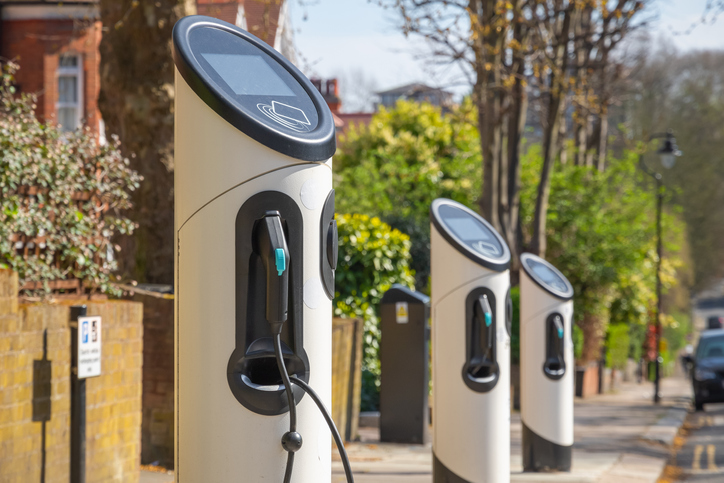What a Professional Auto Mechanic Should Know About the Lifespan of Electric Batteries
Drivers may opt for electric vehicles for a number of reasons, including their reduced environmental impact, lack of need for fuel, and less demand for routine maintenance. Purchasing an electric vehicle might also be more attractive due to the notion of having a car with extended battery life. However while the longevity of electric vehicle batteries is considerably high, there’s still an expiration date on their lifespan. Unlike the lead-acid batteries used in gasoline-powered vehicles, electric cars are equipped with lithium-ion battery packs. These batteries operate much differently than lead-acid batteries, meaning that their lifespan is influenced by a few different factors than those used in gasoline powered vehicles.
If you’re considering a career as a mechanic, you’ll want to know how electric vehicle batteries work and what affects their lifespan. Read on for a guide to lithium-ion batteries and their lifespan.
A Mechanic College Student’s Guide to Lithium-Ion Batteries
The lithium-ion batteries that power electric vehicles are similar to those used in computers and mobile phones. Lithium-ion batteries obtain charge rapidly and are extremely efficient when it comes to storing energy, given their high energy density. These qualities make them ideal for use in electric vehicles, obtaining their charge from charging stations. However, just like the batteries in our computers and cellphones, their power will eventually deplete after thousands of charging cycles. While their lifespan depends on the model and make of the electric vehicle they’re powering, lithium-ion batteries typically have a strong capacity for storing energy after years of use. Most batteries should last around eight years – the equivalent of around 160,000 kilometres of distance. As the capacity of lithium-ion batteries reduces, so does the overall range of the electric vehicle it’s powering. After graduating from mechanic college, it will be important to identify when a vehicle’s lithium-ion battery is losing capacity, as this may indicate that it’s time to replace the battery.

What Affects the Lifespan of Lithium-Ion Batteries?
There are many factors that can affect a lithium-ion battery’s lifespan, aside from the typical wear and tear that thousands of charging cycles have on the battery’s capacity. For one, using rapid charging stations can speed up the depletion of these batteries. While convenient given the quicker charging time, fast charging creates higher levels of heat within these batteries, leading to premature wear and tear. Additionally, the type of climate within which the electric vehicle is driven can affect the lifespan of these batteries. In hotter climates, lithium-ion batteries may deplete faster – however, they are typically surrounded by a liquid-cooled battery pack in order to ward against the effects of hot temperatures. The longevity of lithium-ion batteries can also be affected by the manner in which a vehicle is driven. If drivers are consistently taking advantage of their electric vehicle’s rapid acceleration capacity or features such as launch-control, this can put additional strain on the battery.
Prolonging the Lifespan of Electric Car Batteries
As a professional auto mechanic, there are a few tips you can give drivers of electric vehicles in order to help them prolong the lives of their electric car batteries. Firstly, drivers should avoid using fast charging stations unless it’s absolutely necessary, as fast charging affects the longevity of lithium-ion batteries. Additionally, drivers should avoid leaving their vehicles at low battery levels or full charge levels for too long. When prioritizing battery preservation, drivers should attempt to maintain a charge level of 60% to 80%.

Lastly, drivers should keep the surrounding climate in mind when driving and parking their electric vehicle. If temperatures are high, the vehicle should be kept in the shade unless it’s being driven, and in cold weather, electric vehicles should be kept in the garage. Following these guidelines will help drivers to avoid having to change out their vehicle’s battery too early, enhancing the performance of this device for years to come.
Are you considering enrolling in automotive courses?
Build the skills for a successful career in the automotive industry with a program at ATC Cambridge today!


